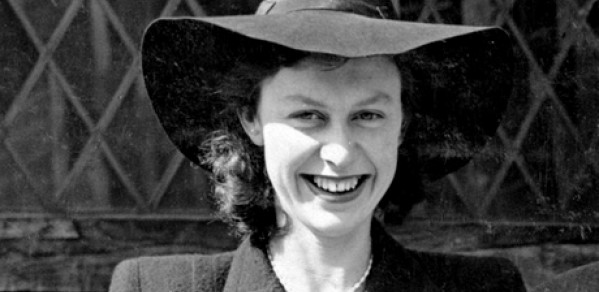
Alumna, The Rt Hon the Baroness Platt of Writtle, CBE, DL, FREng, passed away on 1st February.
She wanted to change people's attitudes to women. She lived just long enough to see the first woman bishop appointed to the Church of England, which delighted her.
Vicky Platt
One of the first female aeronautical engineers, who went on to chair the Equal Opportunities Commission, Baroness Platt was known for being a wartime aeronautical engineer and a Conservative politician as well as for her drive to change people's attitudes towards women.
Born Beryl Catherine Myatt in Leigh-on-Sea on April 18, 1923, she distinguished herself at Westcliff High School in Southend. She read huge tomes and used her all-guns-blazing character to convince her parents to pay for university education after they initially resisted.
She was going to read maths at Cambridge but changed to aeronautical engineering – making her one of the first women to do so – after the Government announced a state bursary to engineering undergraduates.
At Cambridge she was one of only five women among 250 men doing Mechanical Sciences; since women were not then awarded degrees, she emerged with a "title of degree" in 1943.
She worked for Hawker Aircraft Company, working on their Hurricane, Typhoon and Tempest fighter planes. Beryl Platt brought forward across the generations the determination that in the Second World War helped produce the Hawker Hurricane fighter aircraft. War-needs gave her the chance to be an aeronautical engineer, working with the brilliant and difficult Sydney Camm, the Hurricane's designer, in the Hawker company's experimental flight test department at Langley, Berkshire.
Despite Sydney Camm offering her a permanent role after the war, she left to work in aviation safety for British European Airways.
She married her late husband Stewart in 1949 in Leigh-on-Sea and gave birth two years later to Roland. The family made Writtle their home in early 1953, and their daughter Vicky was born later that year.
After realising there wasn't much need for aeronautical engineers in the small Essex village, she decided to pursue a career in local government.
As chairman of Essex County Council's education committee between 1971 and 1980, she rose to vice-chairman of the authority between 1980 and 1983.
She was made a life peer by Margaret Thatcher in 1981 and in May 1983 she was appointed chairman of the Equal Opportunities Commission. She remained in that post until 1988. As a life peer and frequent speaker in House of Lords debates into her nineties she championed the breaking-down of barriers to women pursuing careers once considered the preserve of men.
Baroness Platt was a prominent campaigner for careers in science and technology for women. Her engineering background drove the campaign that would be her longest-lived legacy: the Women Into Science and Engineering initiative (WISE). WISE's first chairman, she remained an attentive patron until her death. The campaign sprang from the recommendations of the 1980 Finniston Report into how to raise the status of engineering. She used her place on the Engineering Council, which was set up after the report, and her seat on the board of British Gas, where she made an ally of its chairman, to obtain support.
In 2011 she wrote to David Willets MP, then Minister of State for Universities and Science, urging the Government to allocate funding so that WISE could continue its activities promoting engineering careers to girls by giving them access to young female role models. Writing in 2004, she warned that the shortage of skills in key areas of industry would increase if we fail to encourage more young people – boys and girls of all academic abilities – to take up training and careers in science, engineering and technology (SET). She commented:
“Our quality of life and the success of our economy depend on these vital skills so we must persevere with encouraging over 50% of the population - girls - to enter SET in the future."
Her daughter Vicky Platt, said: "She was an absolute gale force, a totally feisty and energetic woman. She only knew one mode of living and that was full steam ahead.
"She wanted to change people's attitudes to women. She lived just long enough to see the first woman bishop appointed to the Church of England, which delighted her."

